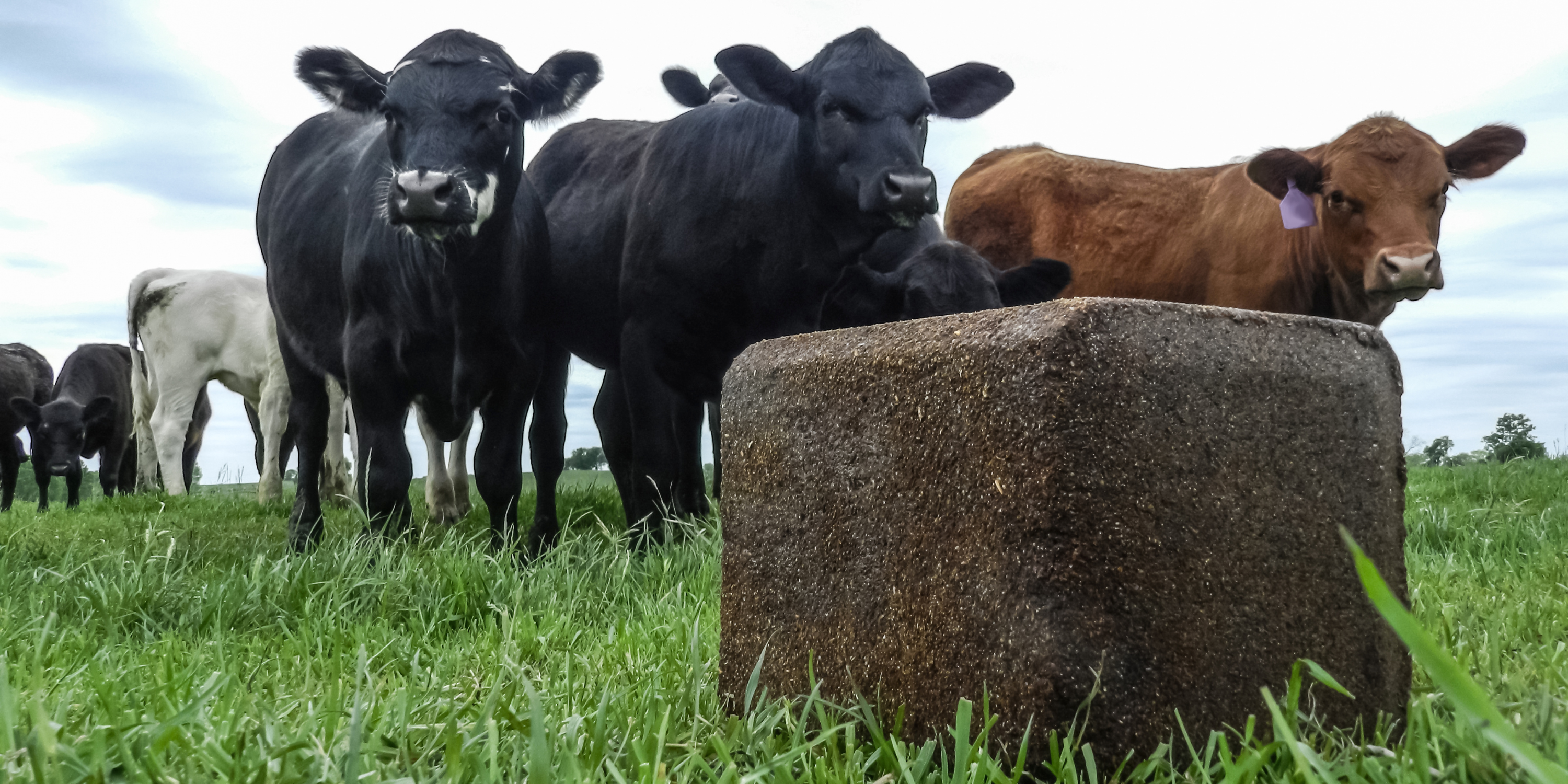
The Most Common Cattle Mineral Supplements — And Why They Matter
Raising healthy, productive cattle isn’t just about good pasture and clean water. Minerals play a vital — and often overlooked — role in cattle nutrition. Whether you're raising beef or dairy cattle, providing the right mineral supplements can be the key to improving herd health, growth rates, fertility, and even profitability.
Today, we’re taking a closer look at the most common cattle mineral supplements and the important benefits they provide.
Why Are Mineral Supplements Important?
Cattle, like all animals, need a balance of vitamins and minerals to thrive. While pasture, hay, and feed provide many nutrients, they don’t always cover everything — especially in areas where soil is naturally low in certain minerals.
Without proper supplementation, cattle can experience:
-
Poor weight gain
-
Weak immune systems
-
Fertility problems
-
Bone disorders
-
Reduced milk production
Mineral supplements help close these gaps and optimize the health and performance of your herd.
1. Salt (Sodium and Chloride)
The Foundation Mineral.
Salt is the most basic and essential mineral for cattle. Cows have a natural craving for salt because it regulates body fluids, nerve function, and muscle contractions.
Benefits:
-
Encourages consistent water intake
-
Supports digestion
-
Helps maintain healthy blood pressure and fluid balance
Common form:
Loose salt, salt blocks, or mixed into complete mineral blends.
2. Calcium and Phosphorus
The Bone Builders.
These two minerals work together to support strong bones, teeth, and muscle function. Calcium and phosphorus imbalances are one of the most common causes of reproductive and growth problems in cattle.
Benefits:
-
Supports skeletal growth
-
Boosts milk production in lactating cows
-
Aids in muscle contractions, including during calving
Common form:
Available in balanced mineral mixes or targeted supplements.
Important:
The correct Ca:P ratio (usually about 2:1) is crucial. Too much phosphorus without enough calcium can cause serious health issues.
3. Magnesium
The Grass Tetany Defender.
Magnesium is essential for nerve and muscle function. A deficiency, especially in early spring when cattle graze lush, low-magnesium grass, can cause a fatal condition known as grass tetany.
Benefits:
-
Prevents grass tetany
-
Aids enzyme activity and metabolism
-
Supports calm behavior and appetite
Common form:
Spring mineral mixes often have added magnesium or separate magnesium supplements.
4. Potassium
The Energy Booster.
Potassium is important for maintaining hydration, muscle function, and proper nerve signals. Young calves, stressed cattle, and lactating cows often have increased potassium needs.
Benefits:
-
Supports weight gain
-
Improves feed efficiency
-
Enhances milk production
Common form:
Typically included in complete mineral supplements or added when feeding high-forage diets.

5. Copper
The Immunity Enhancer.
Copper plays a role in many body functions, including immune defense, reproduction, and coat health. Many regions have copper-deficient soils, making supplementation critical.
Benefits:
-
Strengthens immune response
-
Promotes healthy coat color and shine
-
Improves reproductive performance
Common form:
Added to mineral mixes; sometimes given as a bolus (slow-release pill).
Important:
Be cautious — excessive copper can be toxic, especially to certain breeds like Jerseys.
6. Zinc
The Skin and Hoof Protector.
Zinc is vital for healthy skin, hooves, and immune system strength. It's particularly important in growing calves and during stressful periods like weaning.
Benefits:
-
Strengthens hooves and reduces foot problems
-
Boosts immunity
-
Improves growth rates
Common form:
Usually part of trace mineral mixes.
7. Selenium
The Disease Fighter.
Selenium works hand-in-hand with Vitamin E to prevent white muscle disease, a serious condition affecting young calves. It also supports reproductive health and immune strength.
Benefits:
-
Prevents muscle disorders
-
Enhances immune function
-
Supports fertility
Common form:
Incorporated into mineral mixes or administered through injections (in selenium-deficient regions).
Important:
Selenium has a very narrow margin between adequate and toxic — it's often regulated by state and federal guidelines.
8. Vitamins A, D, and E
The Essential Trio.
While technically not minerals, these fat-soluble vitamins are often included in mineral mixes because they are so critical for cattle health.
Benefits:
-
Vitamin A: Boosts vision, immunity, and reproduction
-
Vitamin D: Supports calcium absorption and bone strength
-
Vitamin E: Works with selenium to enhance immunity
How to Provide Minerals to Cattle
-
Free-choice mineral feeders: Allow cattle to self-regulate intake (most common method).
-
In feed: Mix minerals directly into rations for controlled consumption.
-
Mineral blocks: Easy to distribute but may not always ensure proper intake.
Always choose a supplement that matches your region’s specific deficiencies and your herd’s unique needs. Regular forage and soil testing can help guide your supplementation program.
Final Thoughts
Providing cattle with a balanced mineral program is one of the simplest — yet most powerful — steps you can take to improve herd performance and long-term health. Whether you're raising cattle for beef, milk, or simply for the joy of it, investing in the right mineral supplements can pay off in healthier animals, stronger calves, and better productivity across your operation.
Remember: Healthy cattle are happy cattle, and it all starts from the ground up — with good minerals.
Up next: Where (and Why) to Place Mineral Supplements for Your Livestock
Share


